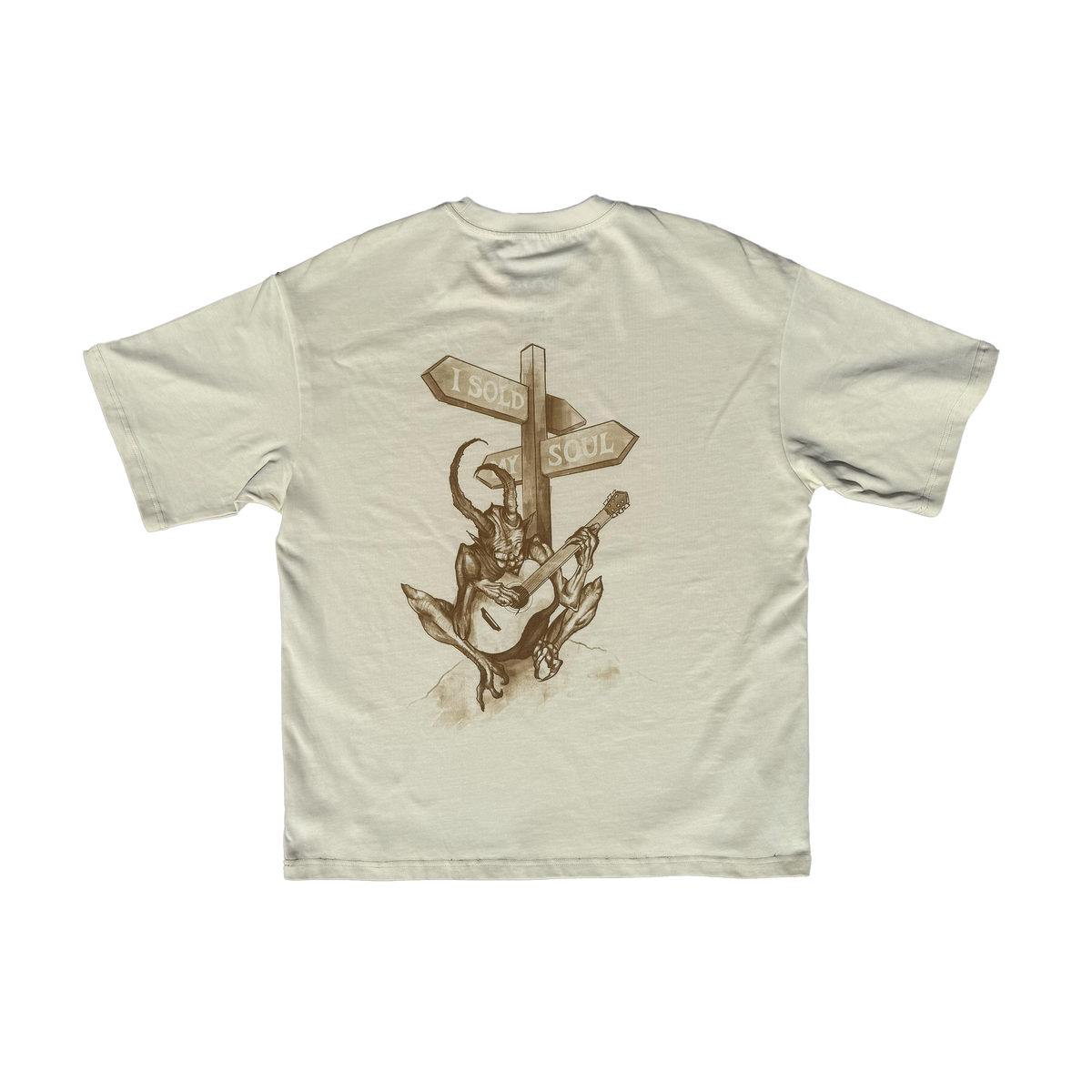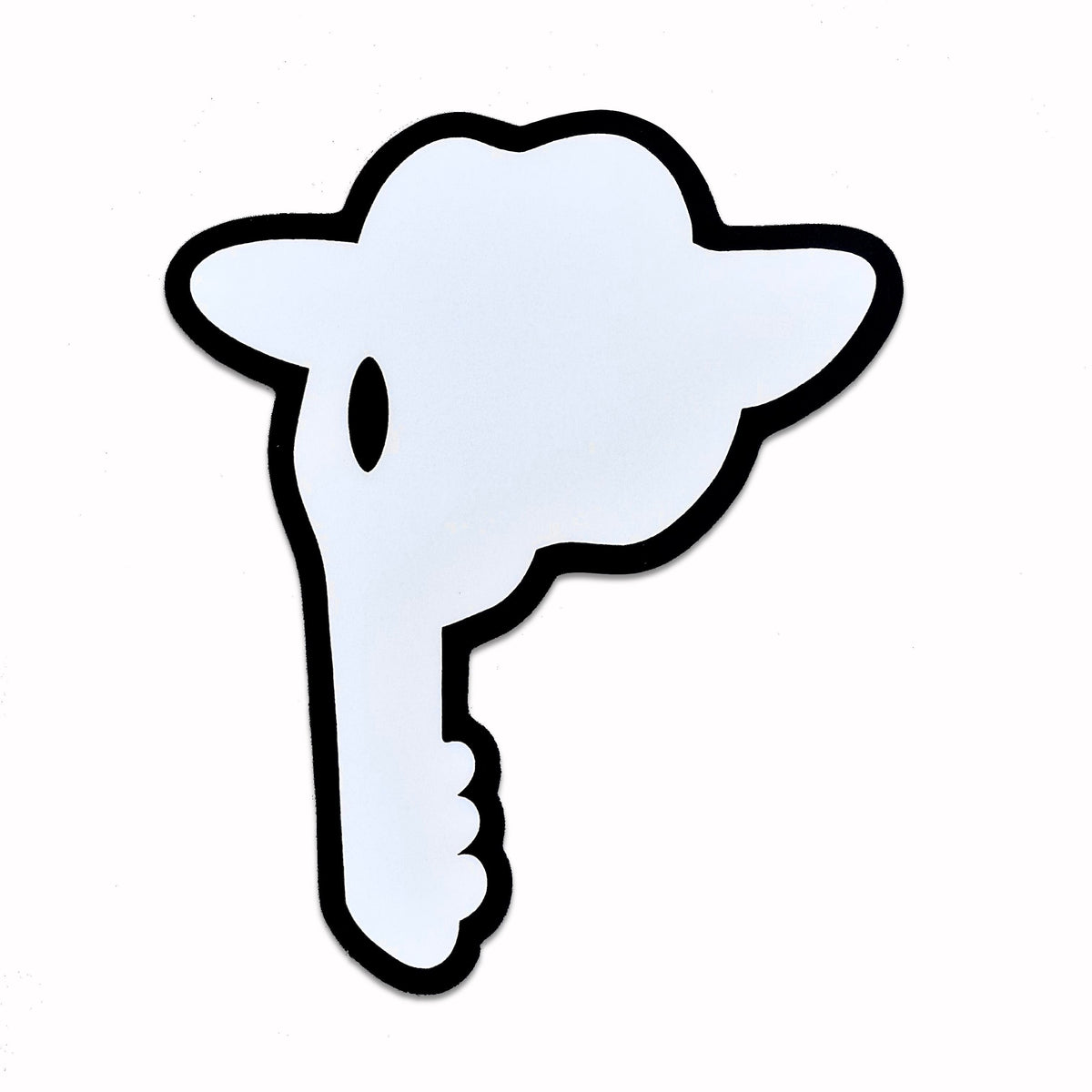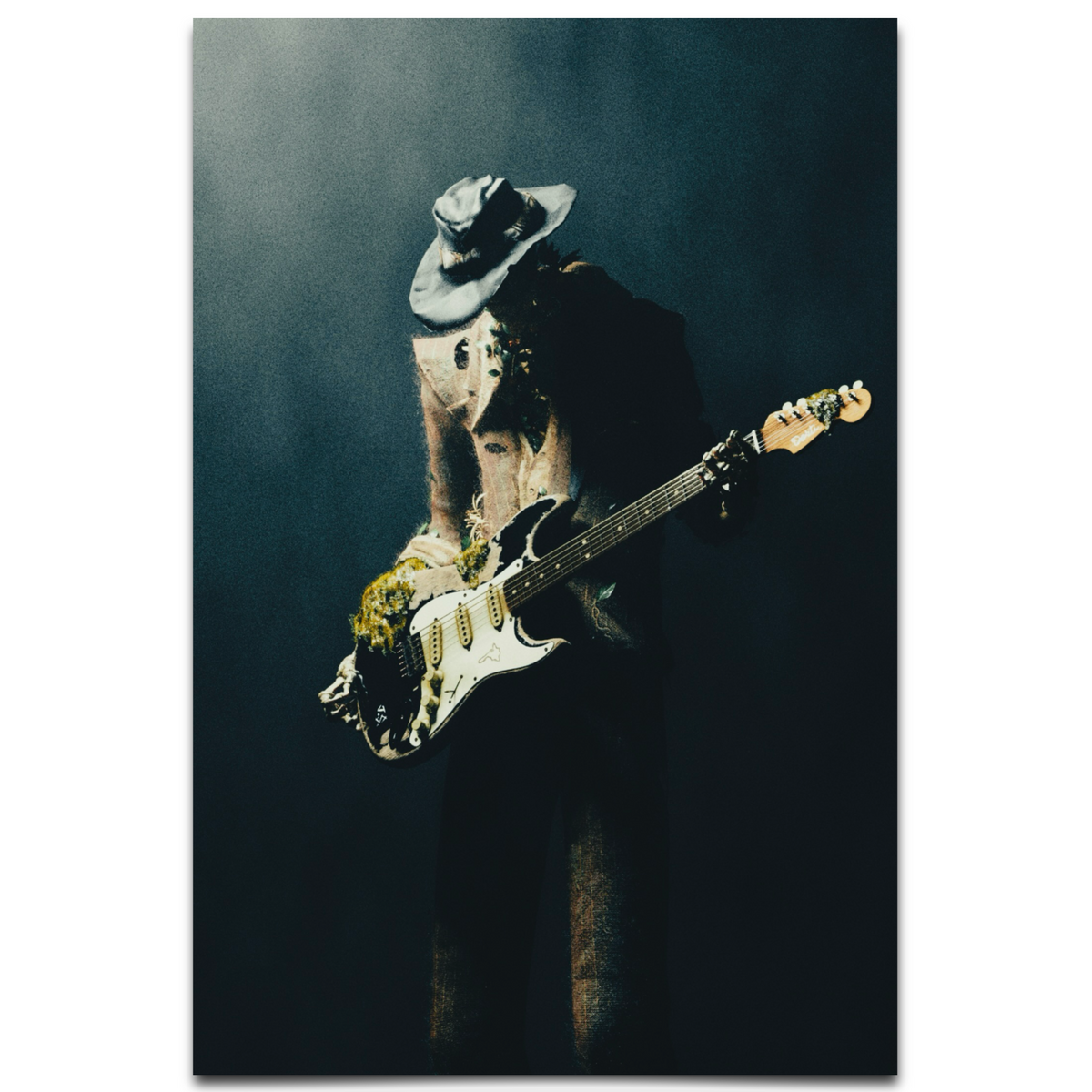If you’ve ever wondered about exotic or unique sounds in music, the double harmonic scale is a fascinating topic to explore. Often described as mysterious or cinematic, this scale has a distinct flavor that sets it apart from more common Western scales. But what exactly is it, and where can you hear it in action? Let’s break it down.
The double harmonic scale, sometimes called the "Arabic scale" or "Byzantine scale," is a seven-note scale with a unique structure. It features two augmented second intervals—larger than a typical whole step—which give it an intense, dramatic sound. In terms of intervals, it typically follows this pattern: half step, augmented second, half step, whole step, half step, augmented second, half step. If you start on C, for example, the notes would be C, Db, E, F, G, Ab, B, and back to C. This structure creates a sense of tension and resolution that’s instantly recognizable.
So, where is the double harmonic scale heard? It’s most commonly associated with Middle Eastern, North African, and Mediterranean music traditions. You’ll often find it in Arabic, Turkish, or Persian classical and folk music, where it’s used to evoke deep emotion or cultural storytelling. Beyond traditional contexts, it has also made its way into Western music, especially in film scores and metal genres. Composers like John Williams have used it to create an "exotic" or "ancient" atmosphere in movies—think of scenes set in deserts or mysterious lands, like in Indiana Jones. In heavy metal, bands like Nile or Melechesh incorporate the scale to add an otherworldly, aggressive edge to their riffs, often blending it with themes of ancient history or mythology.
Whether you’re a musician looking to experiment with new sounds or just curious about global music, the double harmonic scale is a captivating tool. Its haunting quality can transform a melody, making it a favorite for anyone aiming to stand out. Next time you’re listening to a movie soundtrack or a metal track with an unusual vibe, pay close attention—you might just be hearing this scale at work.
























